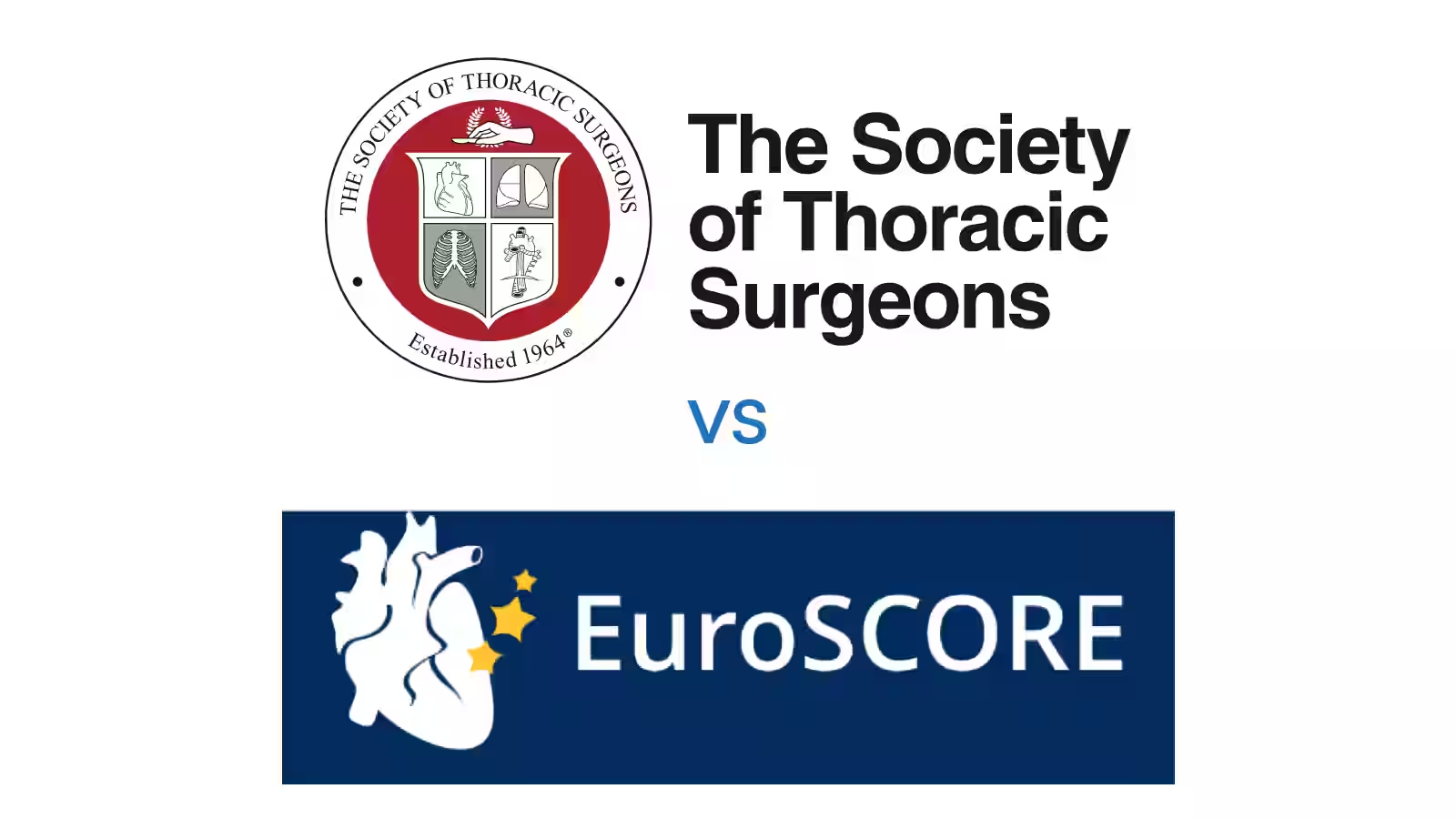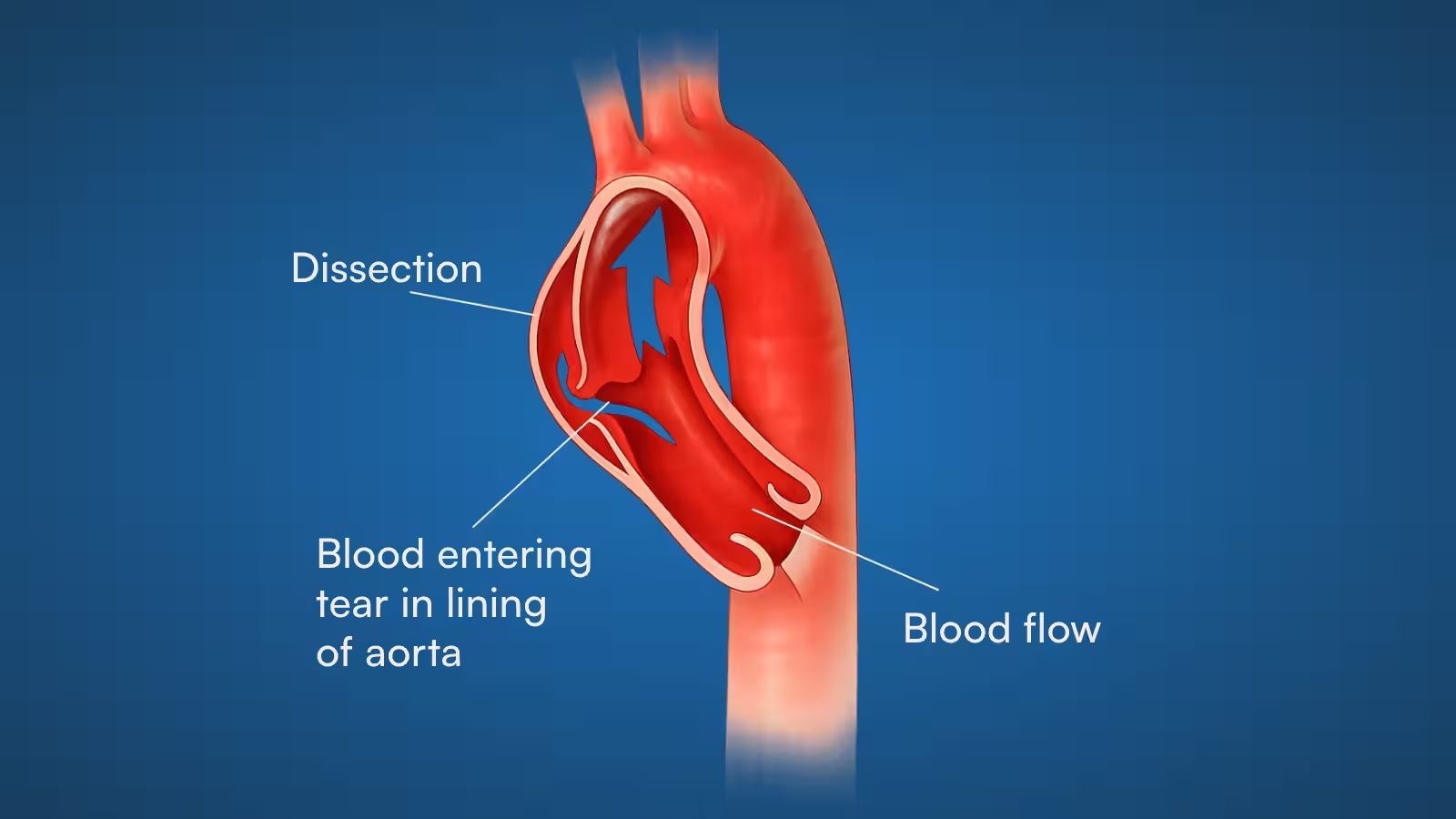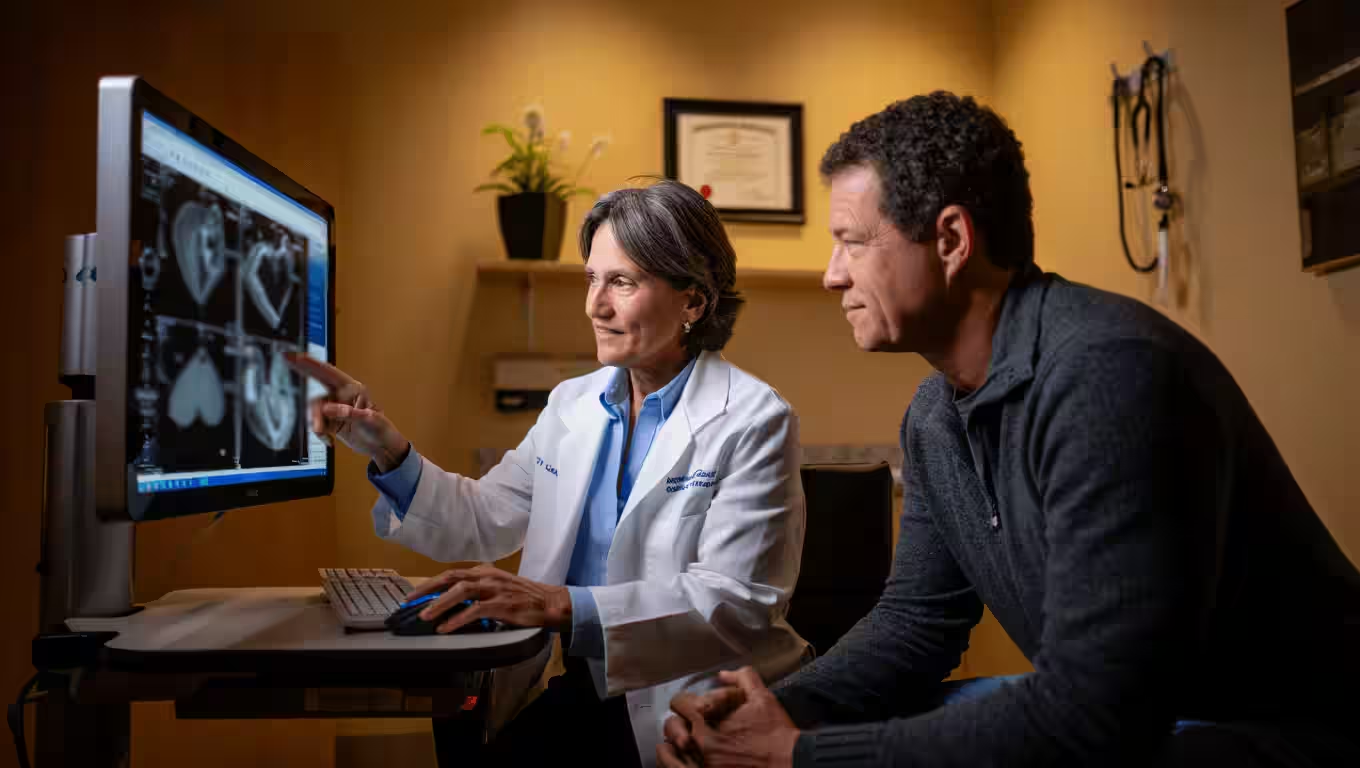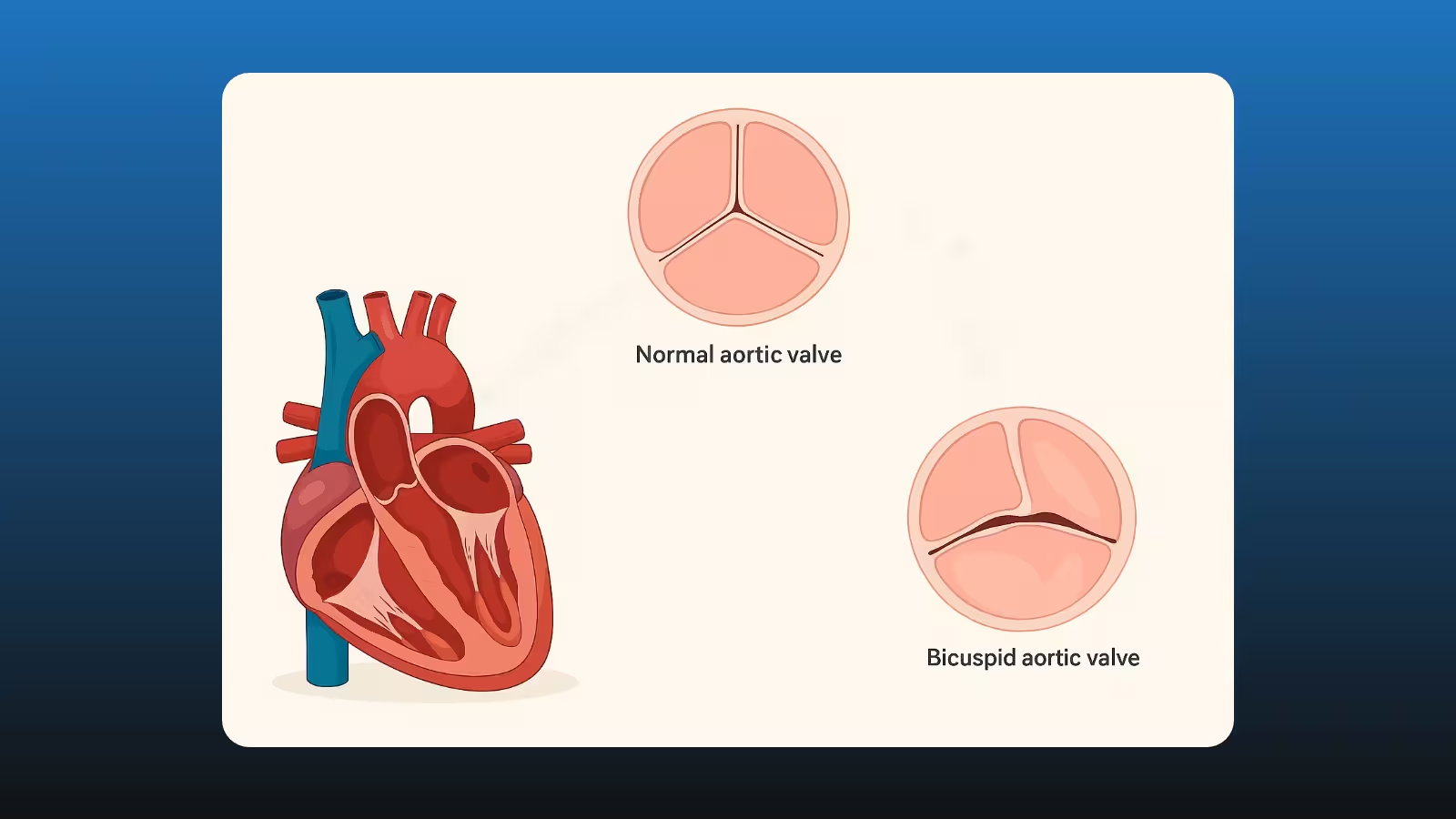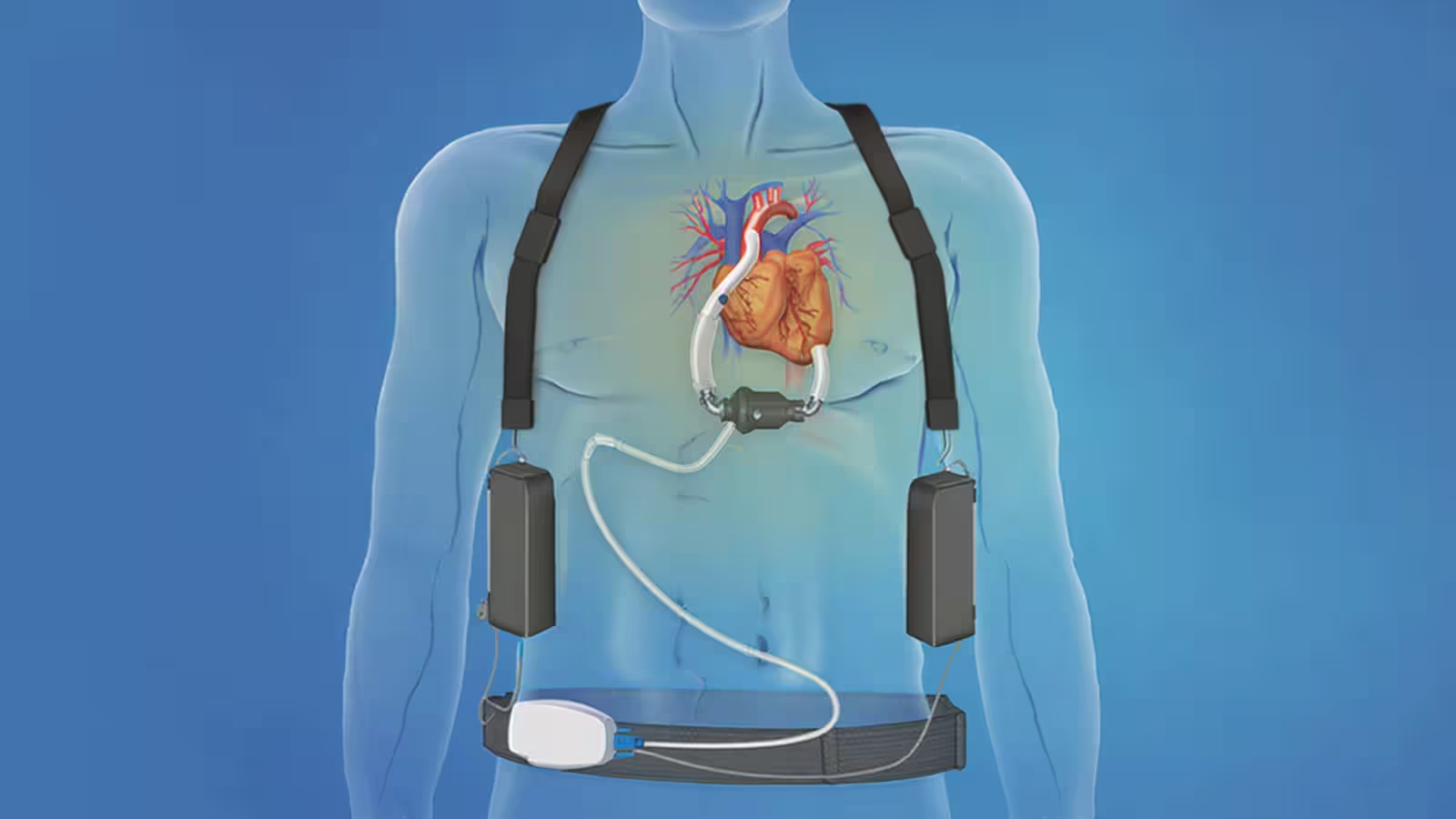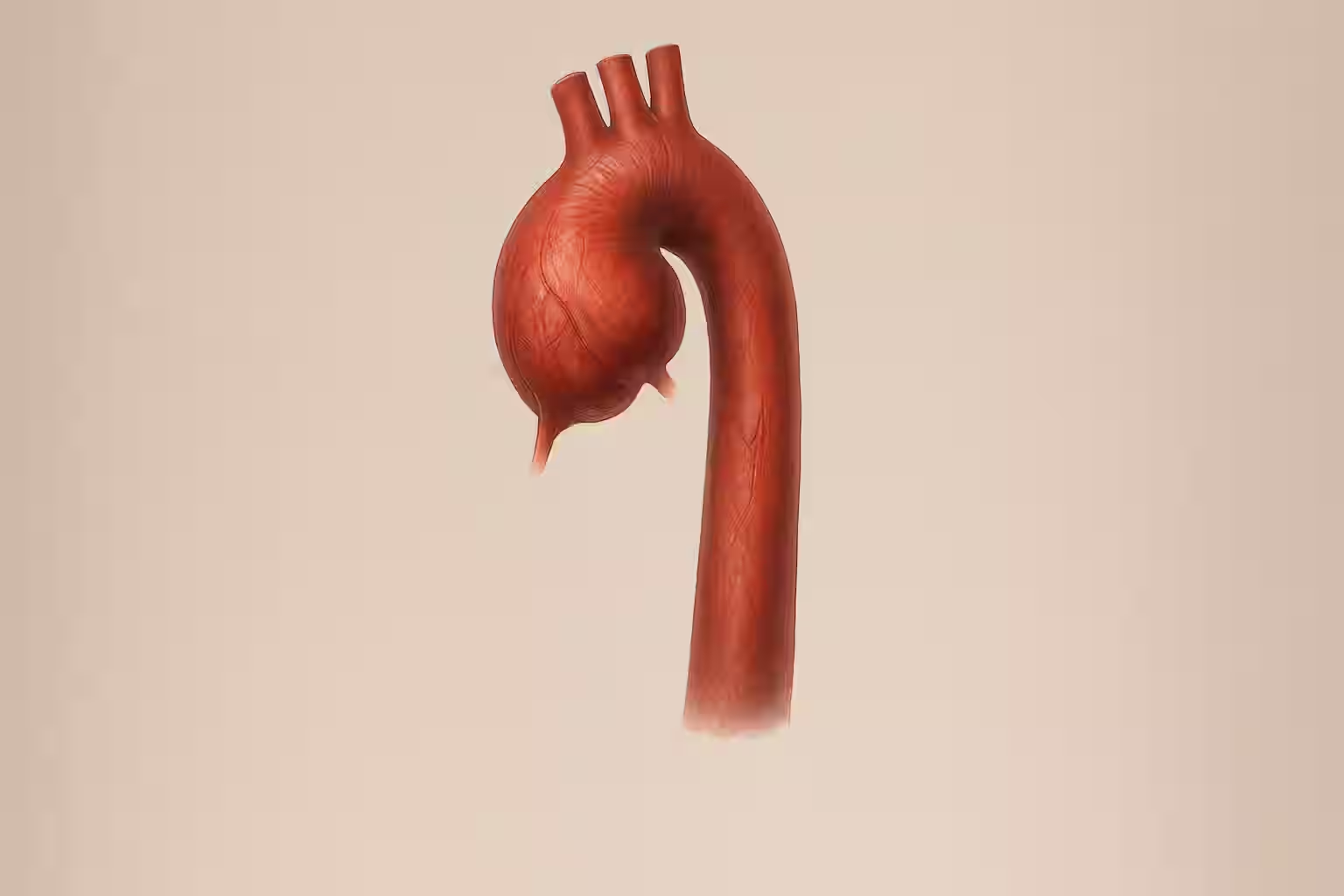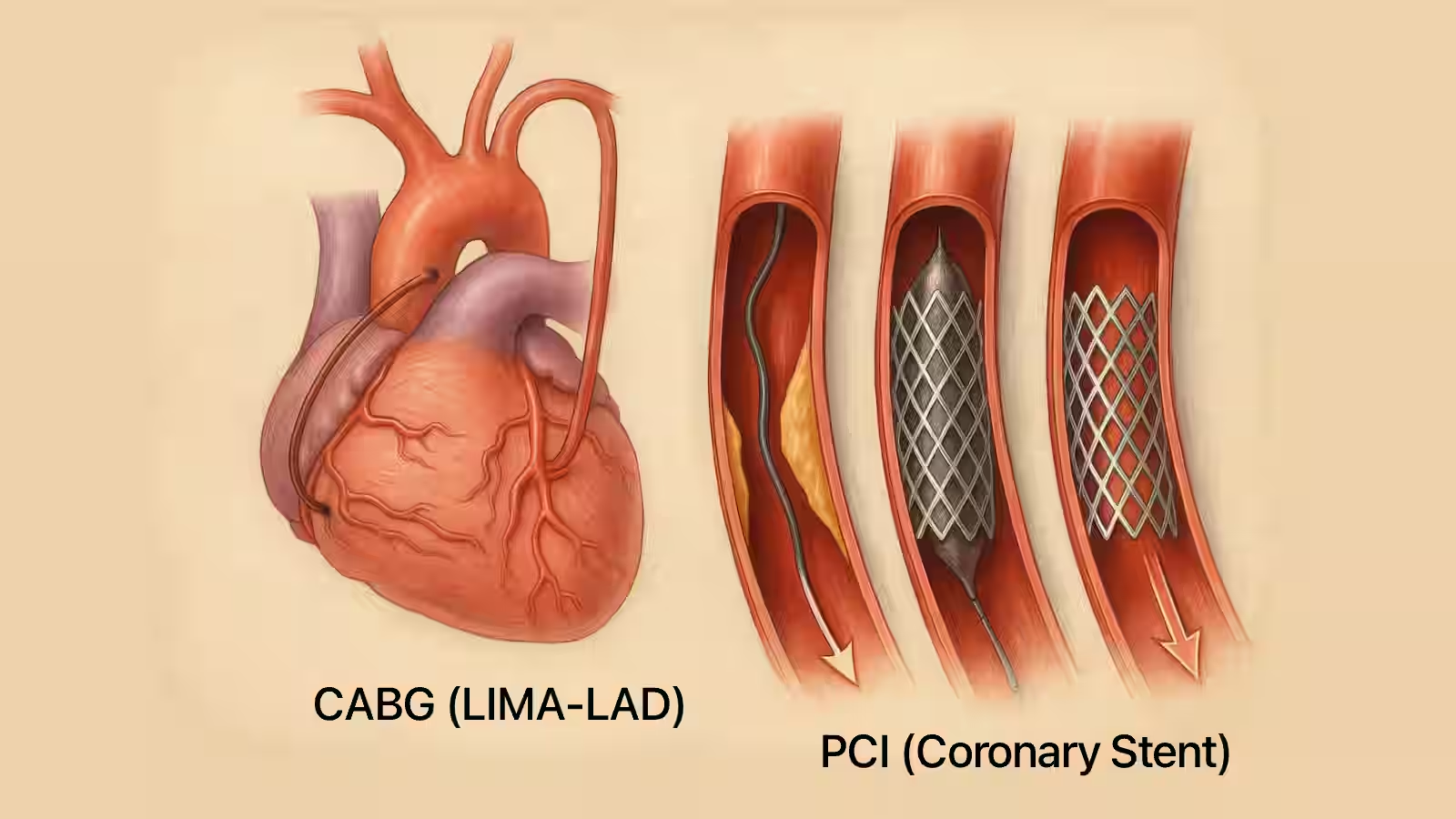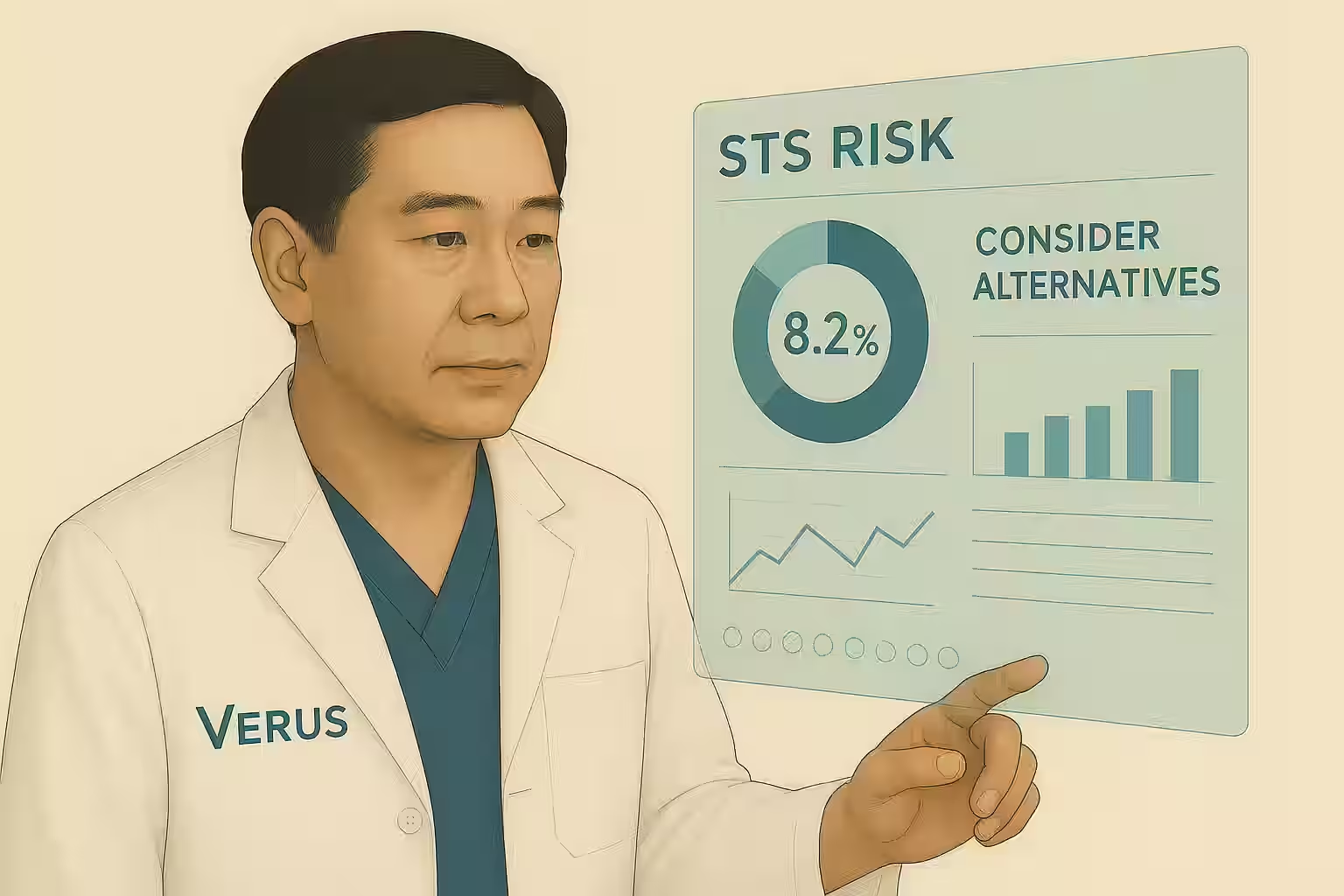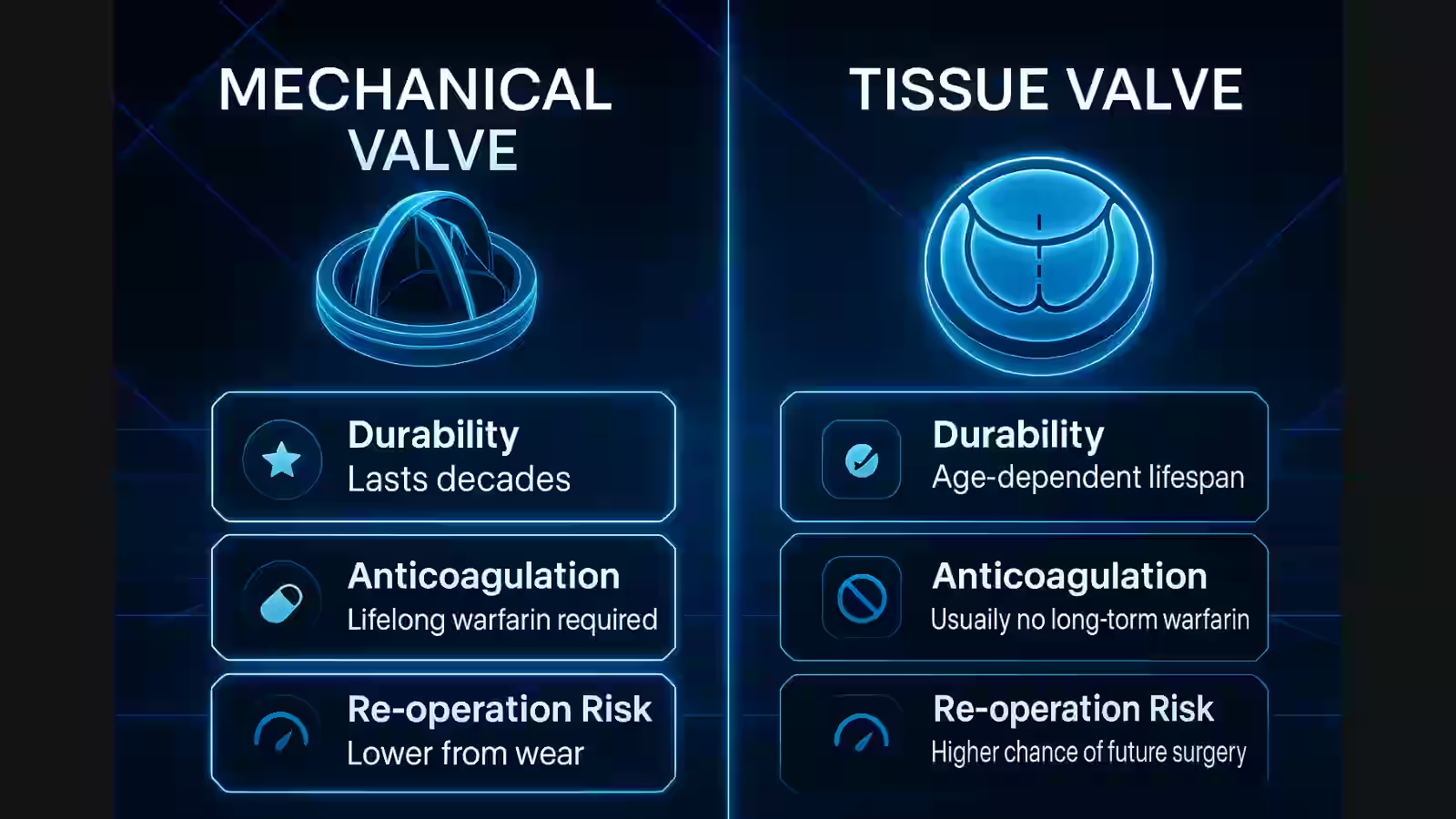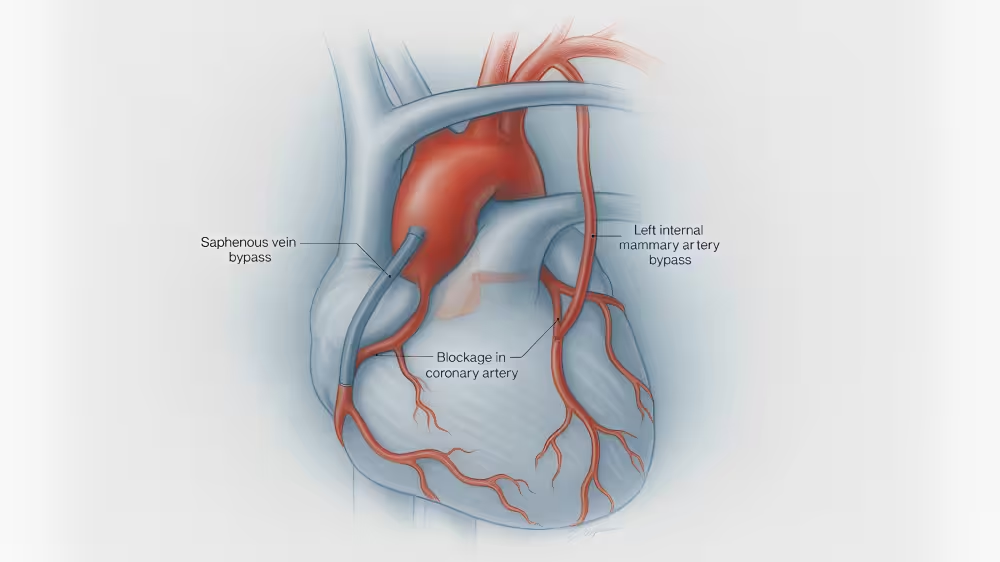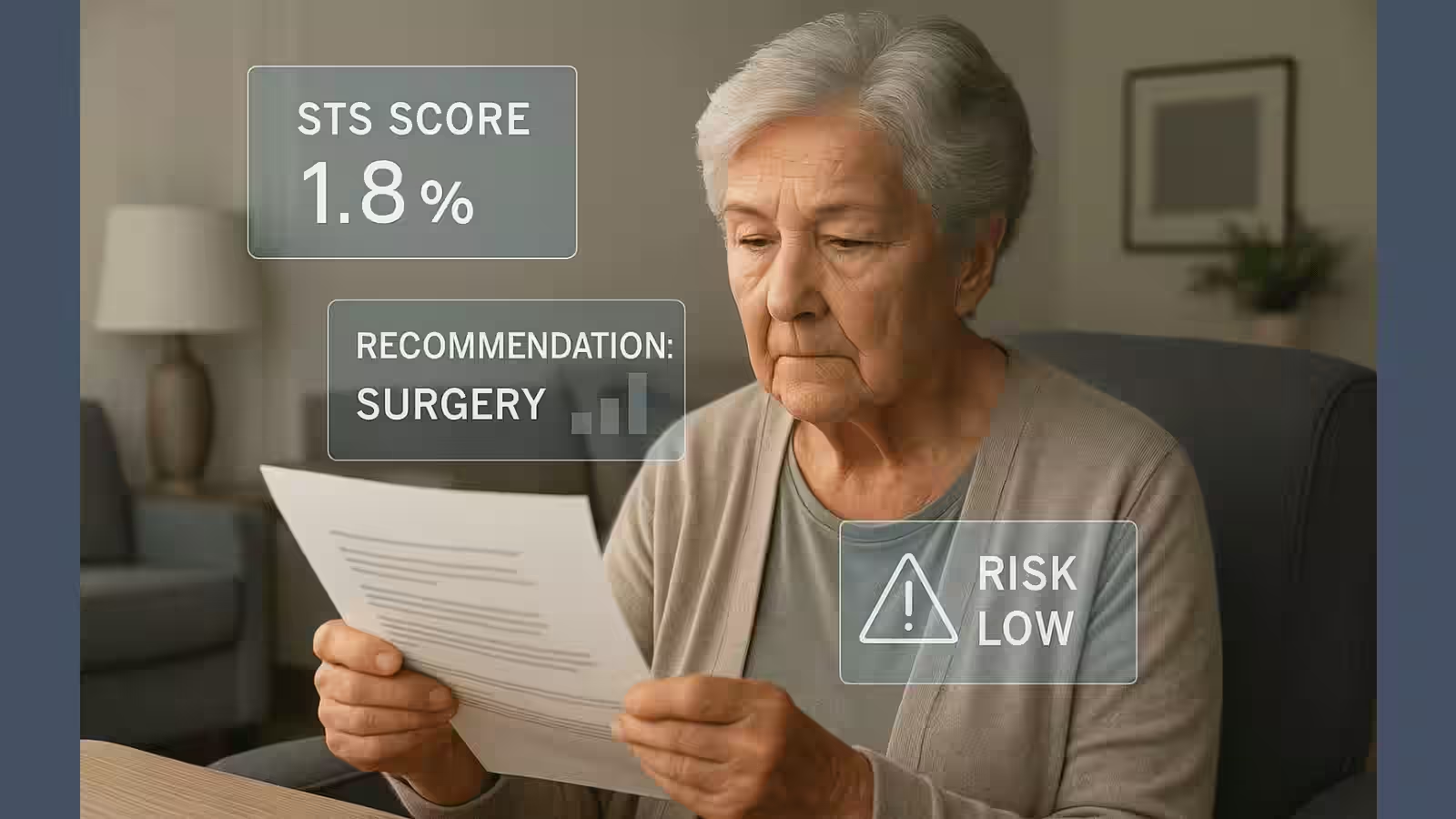Introduction
If you’ve spoken with more than one heart surgeon, you may have heard two different numbers: your STS risk score and your EuroSCORE. Both are widely used around the world to predict surgical outcomes. But what’s the difference, and why might the numbers not match?
What Is the EuroSCORE?
The EuroSCORE (European System for Cardiac Operative Risk Evaluation) was developed in Europe in the late 1990s. It uses data from tens of thousands of patients to estimate risk of death after heart surgery.
There are two main versions:
- EuroSCORE I: The original model, still in use in some centers.
- EuroSCORE II: An updated version launched in 2012, designed to reflect more modern surgical results.
How the EuroSCORE Differs from the STS Score
- Origin
- STS → Developed in the United States
- EuroSCORE → Developed in Europe
- Patient data sources:
- STS → Millions of U.S. patients across decades
- EuroSCORE → Tens of thousands of European patients, updated less frequently
- Scope:
- STS → CABG, valve surgery, combined operations
- EuroSCORE → Broader application, but less detailed for certain U.S. populations
- Updates:
- STS → Regularly updated with current data!
- EuroSCORE → Last major update in 2012
Why Do Numbers Sometimes Differ?
Patients often notice that STS and EuroSCORE give different percentages. Reasons include:
- Differences in data sets (U.S. vs. European patient populations)
- Differences in weighting of factors like age, kidney function, or procedure type
- Timing - the STS calculator is refreshed regularly, while EuroSCORE is not updated as often
Which Score Do Surgeons Use in the U.S.?
In the United States, the STS score is the standard because it is built from American patient data and continuously maintained.
However, some international studies and trials still report EuroSCORE values, which is why patients may encounter both.
Key Takeaways
- STS and EuroSCORE are both surgical risk tools, but based on different populations.
- STS is preferred in the U.S. for accuracy and frequent updates.
- If you receive both scores, your doctor will help explain which is most relevant to your care.
---
If you’ve received different scores and want to know which best reflects your situation, Verus can help. Our platform combines AI insights with surgeon expertise to clarify risk, so you can move forward with confidence.
Learn more:
